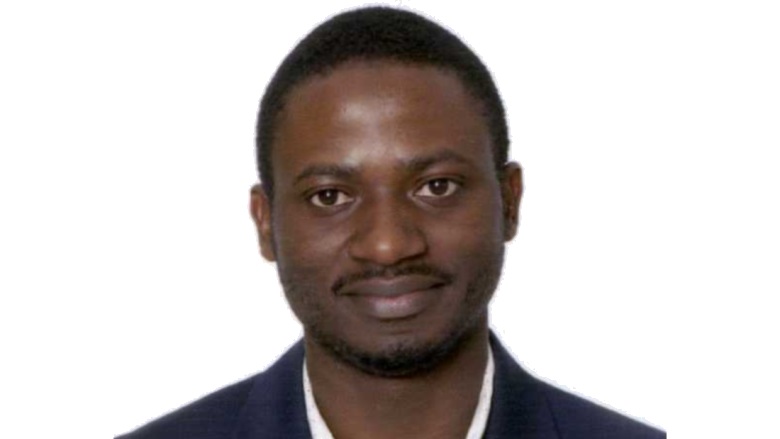Employment generation is a top priority for growth, development, and social stability in fragile states. When employment prospects are dim, creating jobs may lower the risk of violence by helping redress community grievances and raising the opportunity cost of joining rebellions or criminal organizations. The development community has spent billions of dollars on employment creation programs in fragile states, typically conceived as short-term, emergency operations. The design of these programs leans heavily on the theory that individuals—especially at-risk youth—will respond positively to the rising opportunity costs represented by a decent job.
Despite all the resources invested in these programs, however, evidence that these programs achieve their stated intentions is weak. In this Policy Research Talk, Eric will discuss the findings from rigorous studies on the link between popular employment programs, such as public works and Disarmament, Demobilization and Reintegration (DDR) programs, and social stability at the micro-level. Two key results stand out. First, these emergency programs seem to have positive effects on economic welfare outcomes in the short-term, but they do not persist in the long term. Second, and more surprisingly, these emergency programs show no evidence of an impact on a wide range of outcome measures related to violence and social stability at the micro-level.
Eric will also discuss the policy implications of this emerging body of evidence, covering issues such as better program design and targeting, alternative and innovative crime-reducing interventions (e.g., psycho-social programs) that can complement employment programs, and improvement in measurement of crime and violence-related outcomes.

